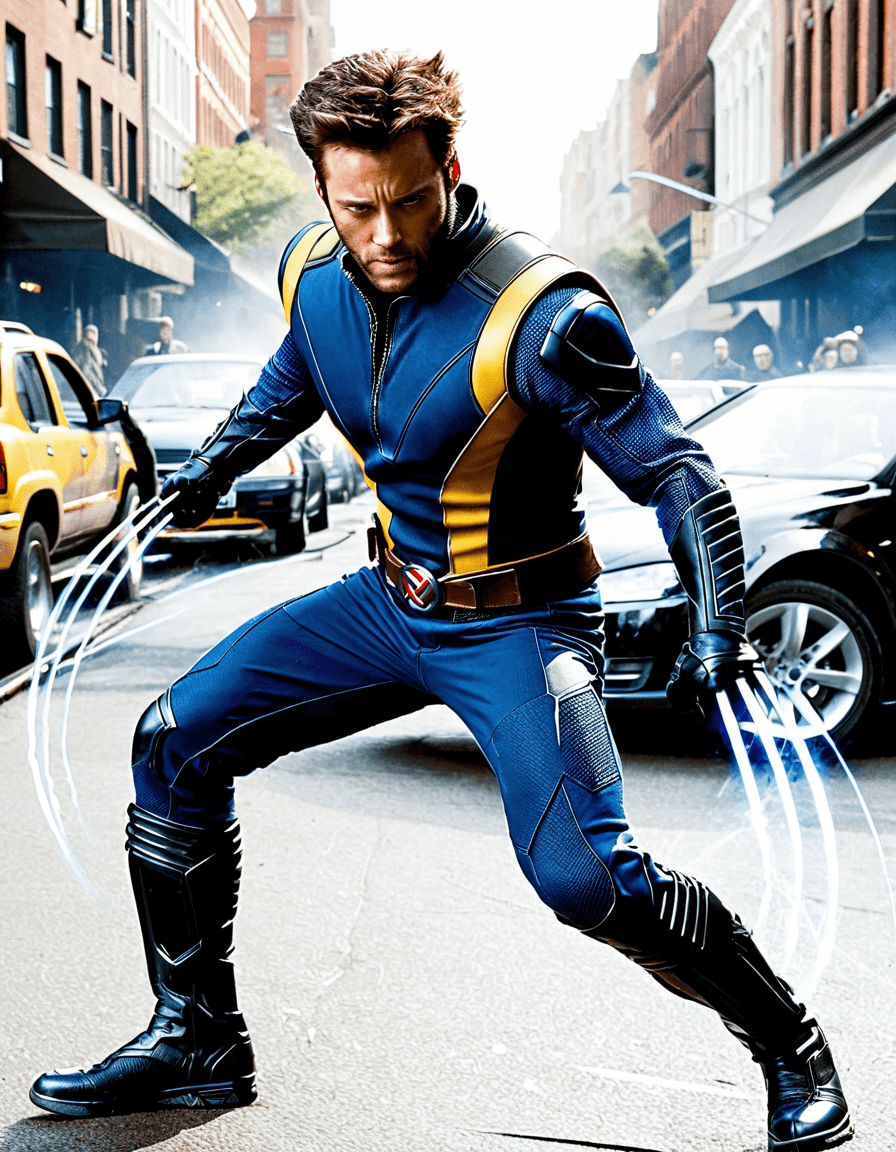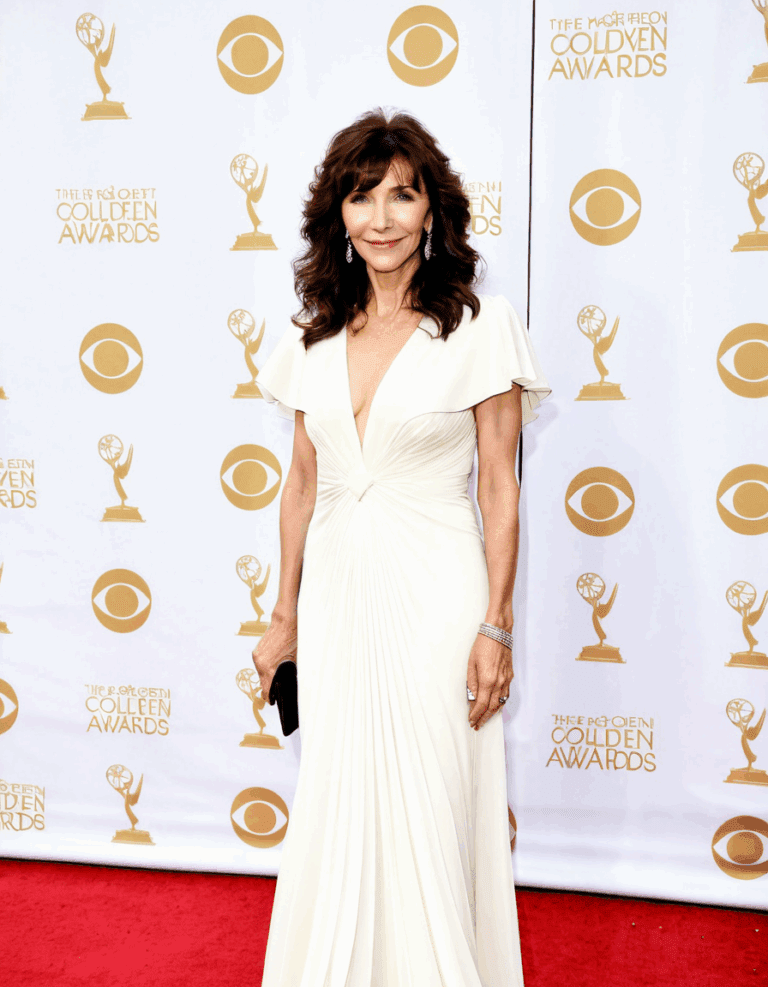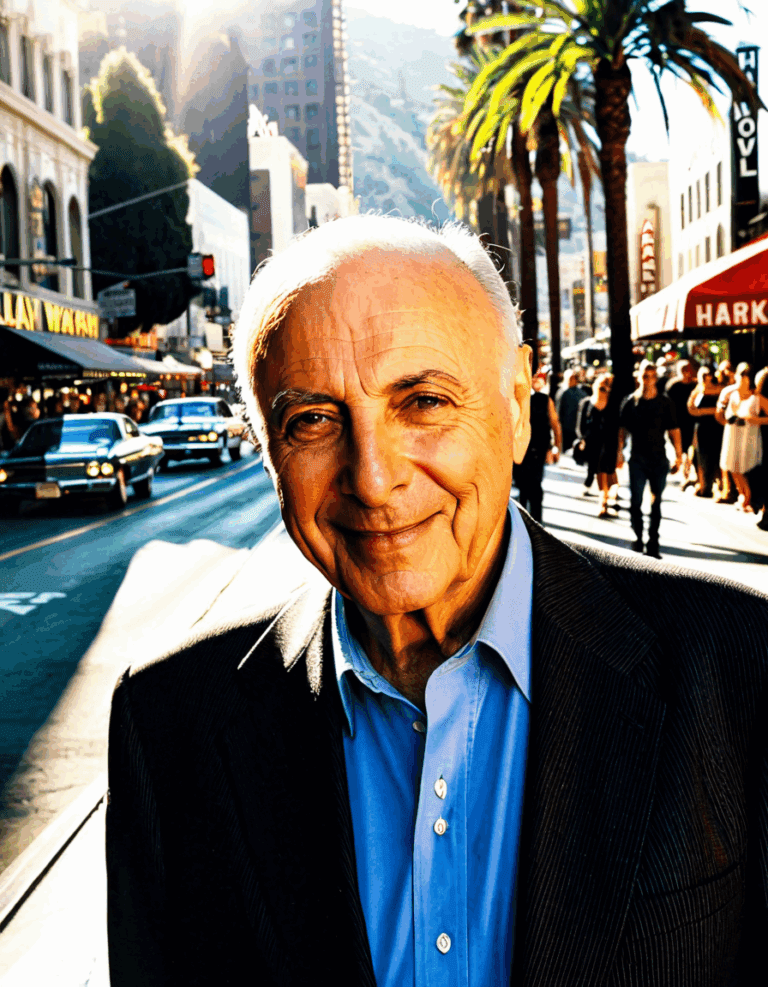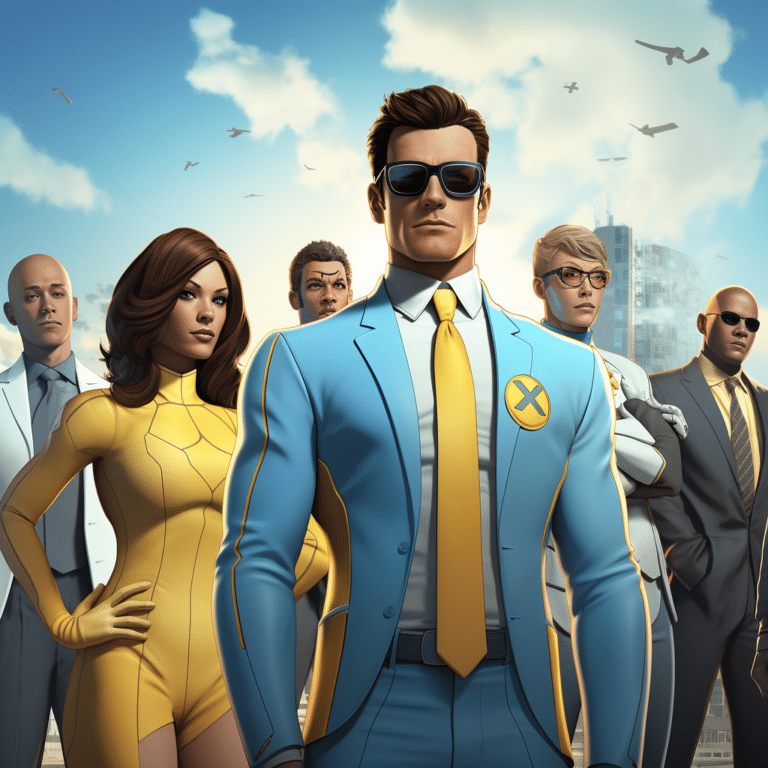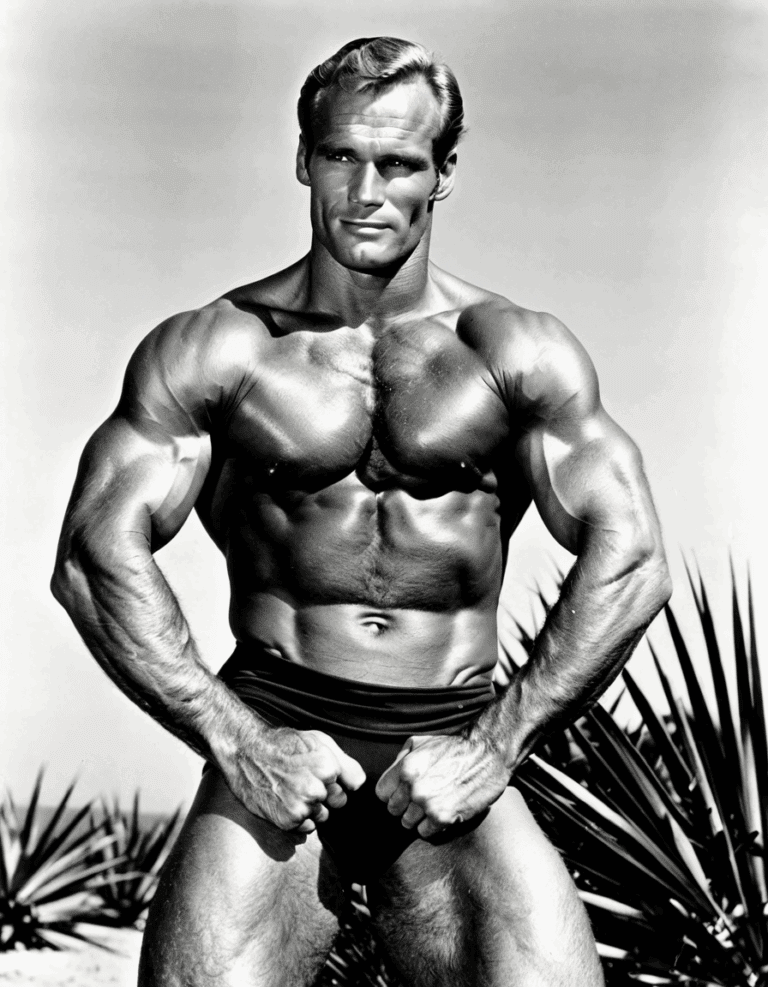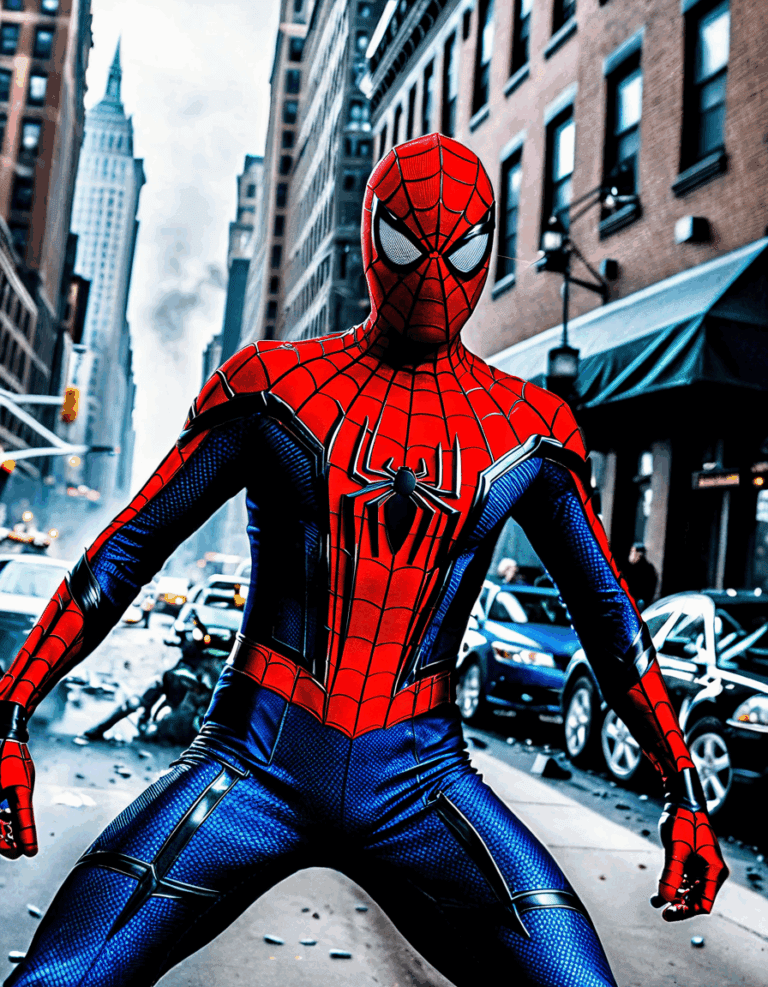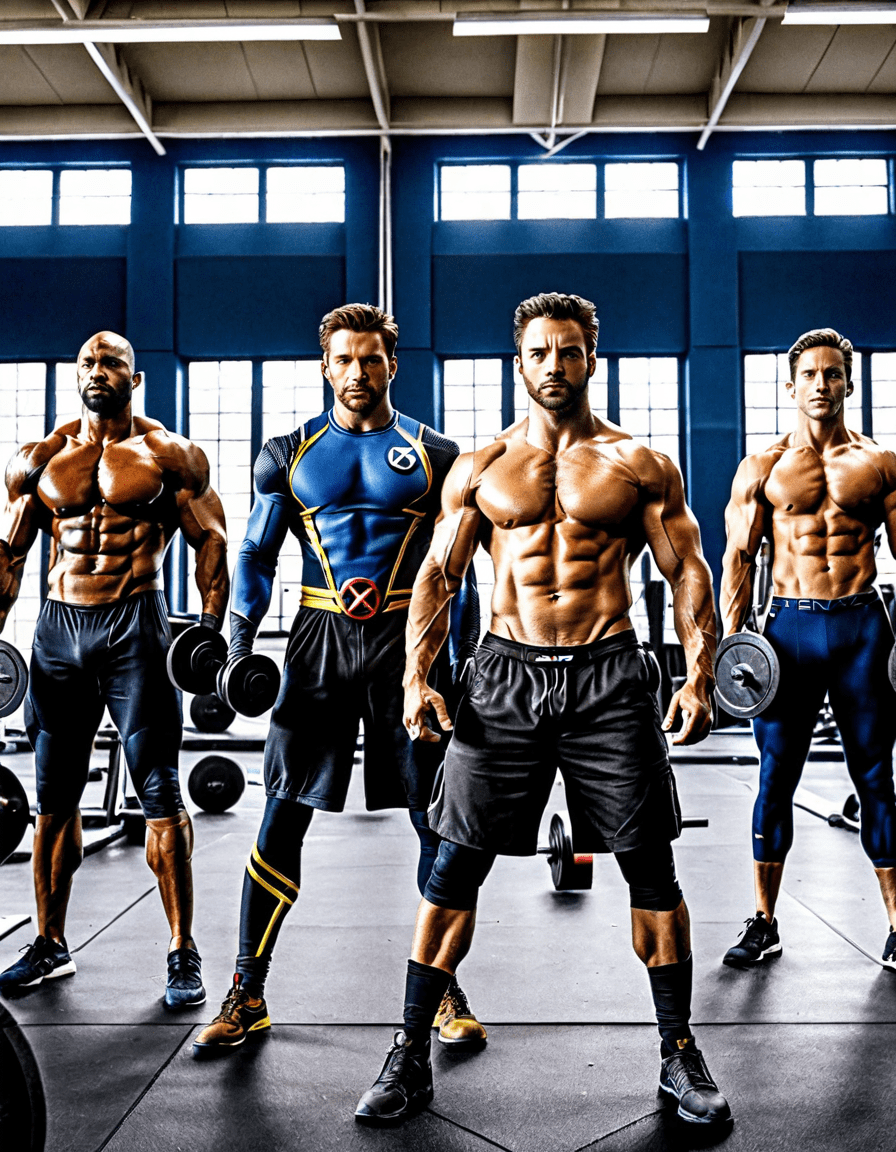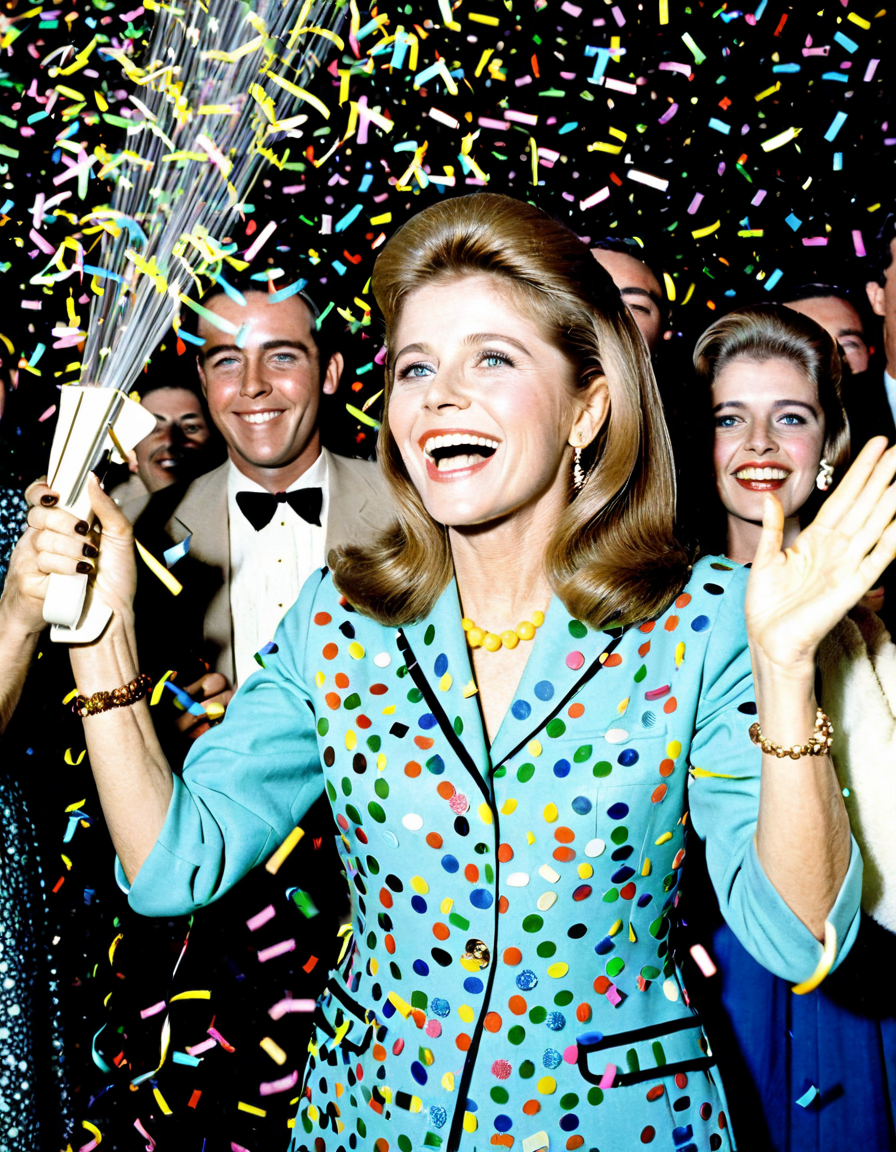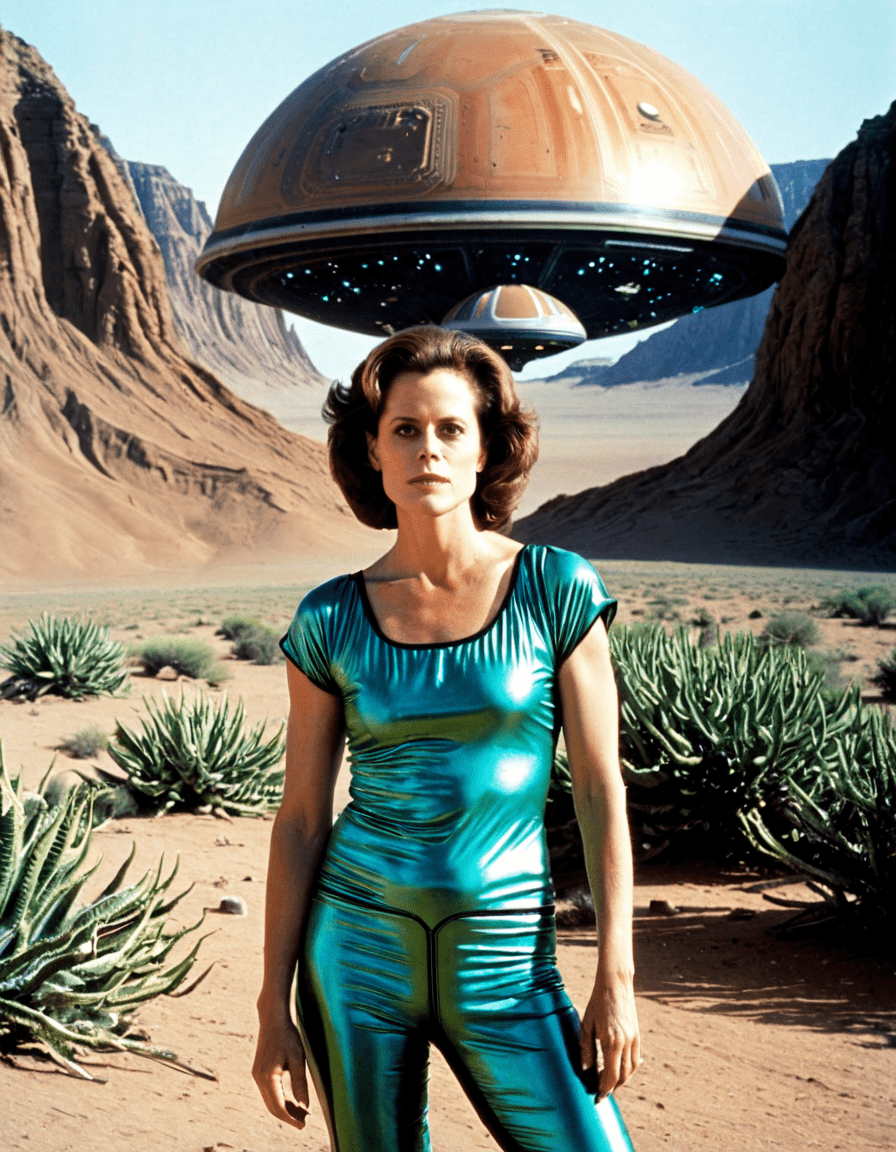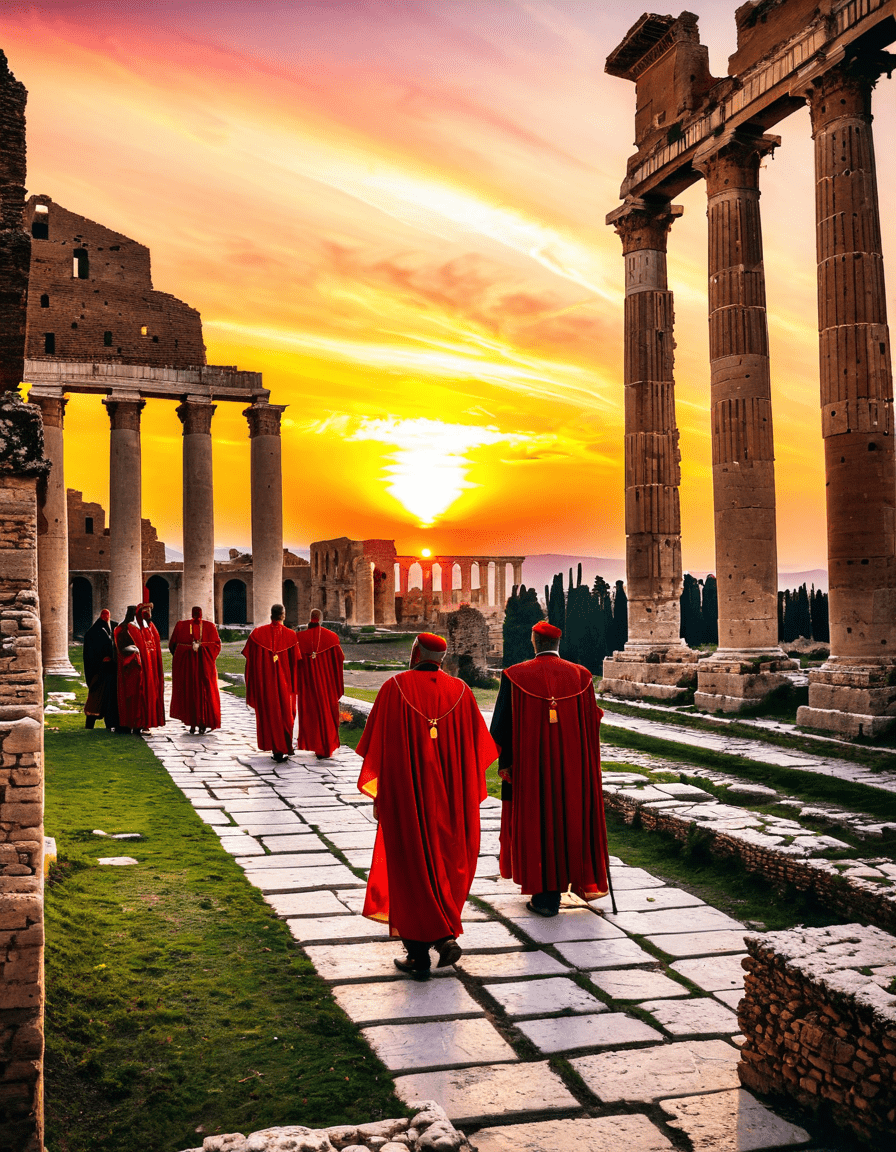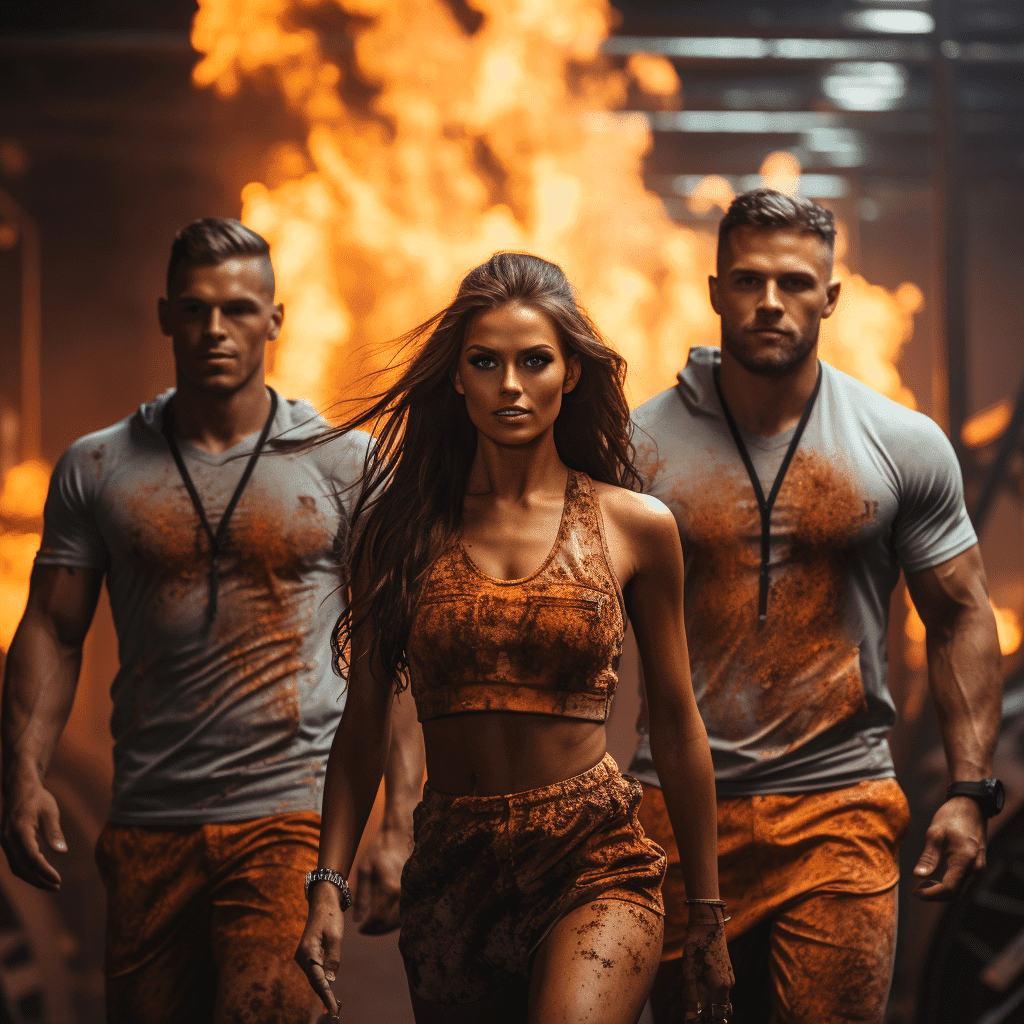The legacy of X-Men movies is undeniable. They not only paved the way for the superhero genre as we know it today, but also influenced storytelling, character development, and audience expectations across the cinematic landscape. With an ever-shifting cinematic terrain, the impact of these groundbreaking films resonates loudly even now. Let’s dive into seven X-Men movies that fundamentally altered the trajectory of superhero cinema, transforming icons and narratives along the way.
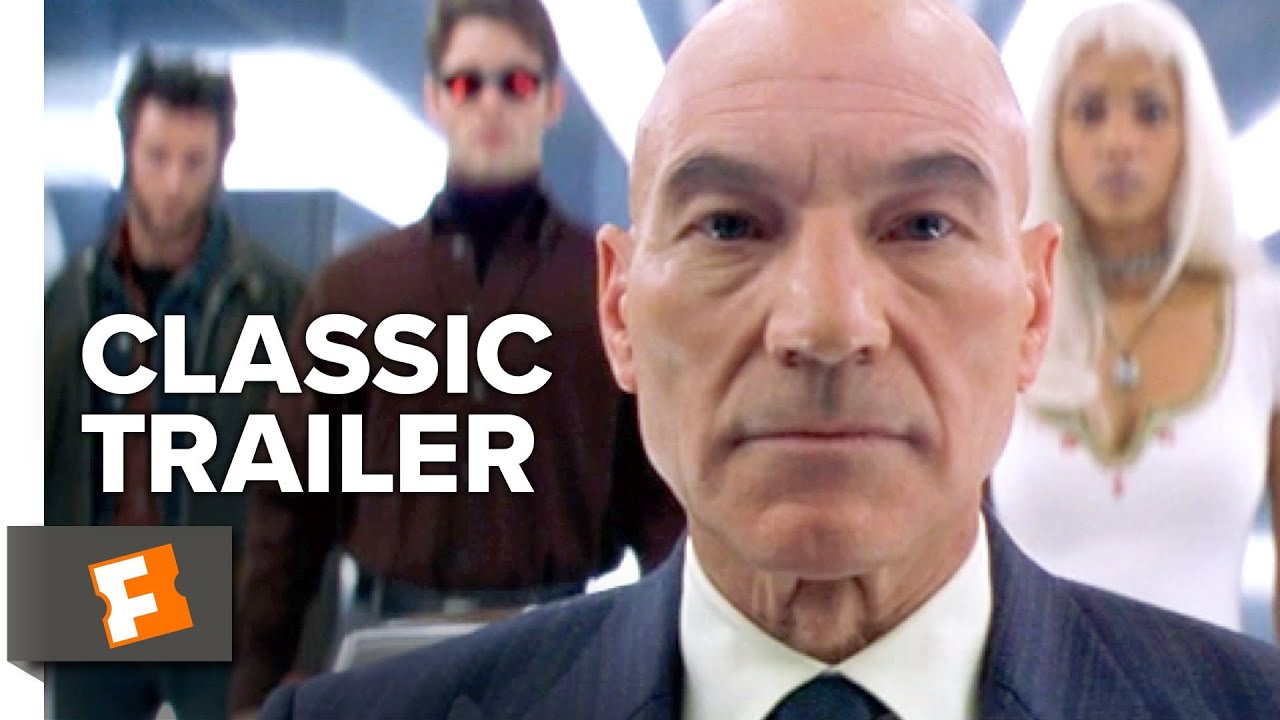
## X-Men Movies That Changed Superhero Cinema Forever
Released in 2000, “X-Men” marked the dawn of the modern superhero ensemble film, laying a solid foundation for future blockbusters like “The Avengers.” Directed by Bryan Singer, the film featured an amazing cast, including Hugh Jackman as Wolverine and Patrick Stewart as Professor X, bringing beloved comic book characters to life. Its mature themes like prejudice and identity shifted the genre away from the campiness of earlier superhero films.
“X-Men” blended high-octane action with personal struggles, creating a prototype that Hollywood would shamelessly emulate for years to come. This film proved that superhero narratives could tackle serious issues, captivating audiences in a way that resonated beyond mere spectacle. It set the stage for the contemporary superhero era that we cannot get enough of today.
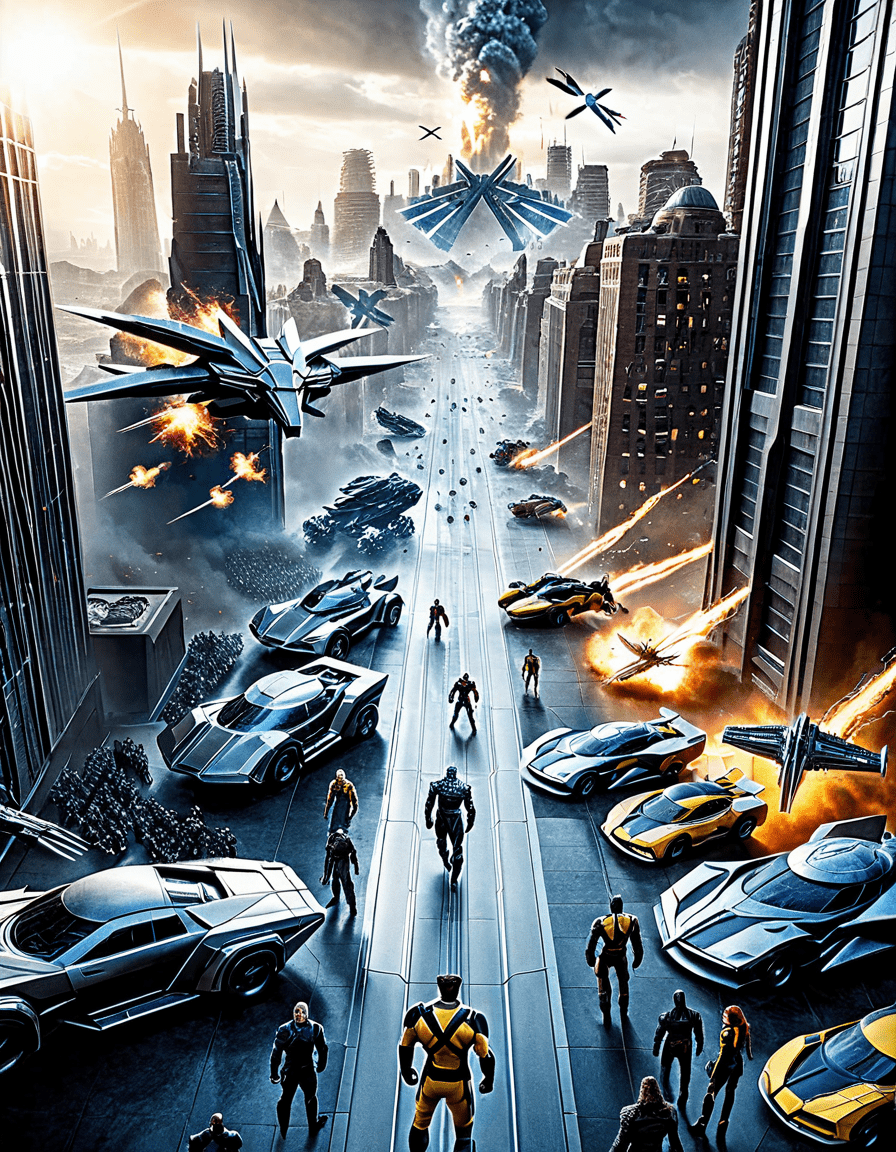
2. X2: X-Men United (2003): Elevating Character Depth
Following its predecessor’s success, “X2: X-Men United” pushed the envelope even further. The film explored themes of prejudice and sacrifice, making it relatable and emotional. The character development, particularly for Wolverine and Storm, portrayed by Halle Berry, added weight to the already gripping storyline.
This film didn’t just deliver stunning action sequences; it connected audiences with the characters on a deeper level. Its success encouraged future filmmakers to treat superhero movies as serious narratives deserving of the same depth as traditional dramas, setting a new gold standard for character-driven narratives.
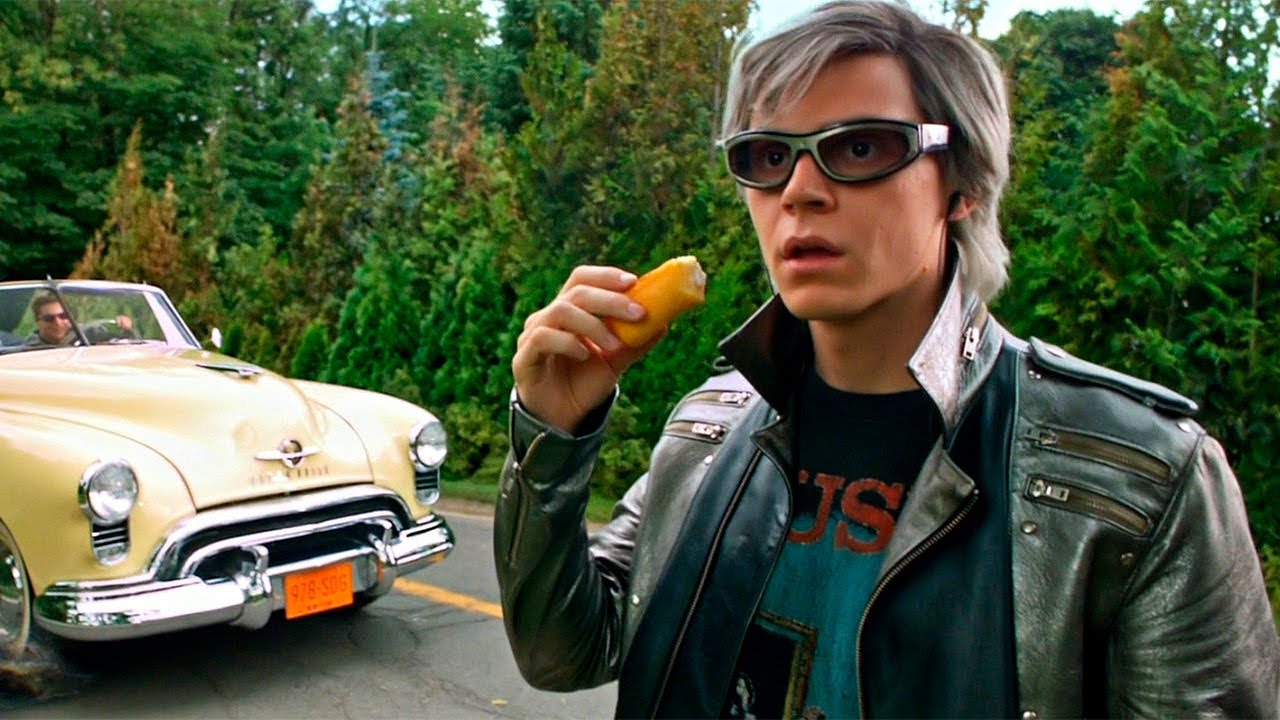
3. X-Men: First Class (2011): A New Generation of Storytelling
“X-Men: First Class” reinvigorated the franchise and reintroduced iconic characters like Magneto, played by Michael Fassbender, and Professor X, portrayed by James McAvoy. This prequel not only showcased how these legendary figures came to be but also tied their journeys to pivotal historical events, like the Cuban Missile Crisis, showcasing a smart way of intertwining fiction with real-life drama.
The innovative storytelling technique opened doors for other franchises looking to explore their characters’ backgrounds in meaningful contexts. This film laid the groundwork for popular narratives by highlighting the importance of historical factors in character development. It reinforced that superhero stories could hold much more weight than simple brawls and flashy effects.
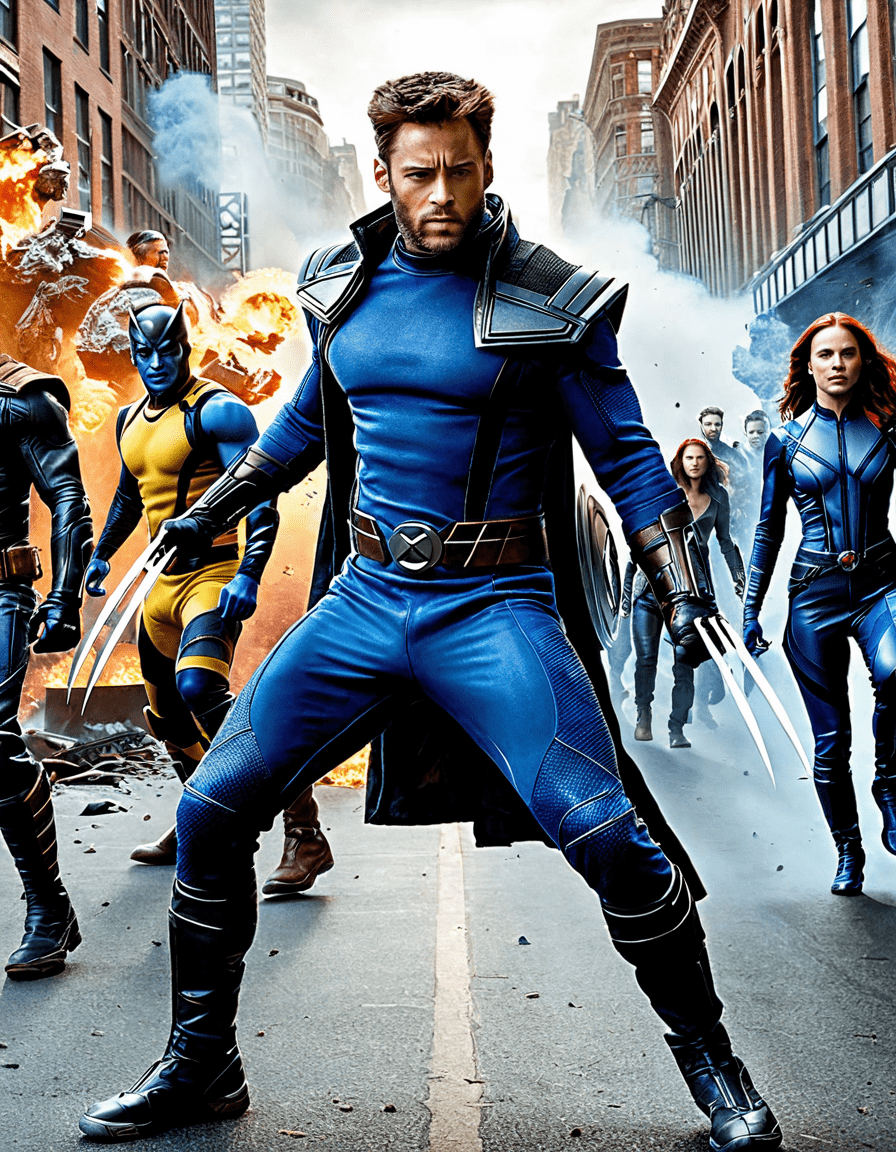
4. X-Men: Days of Future Past (2014): Time Travel and Narrative Complexity
One of the most dazzling entries to the franchise is “Days of Future Past.” It cleverly combined the original cast with the rejuvenated characters from “First Class.” Time travel became the narrative device that allowed the film to confront past mistakes and rectify them in a spectacular fashion.
Its complex storyline compelled audiences to immerse themselves in a multilayered experience, influenced later films, like “Avengers: Endgame.” This level of narrative ingenuity showcased how time-bending techniques could elevate character arcs and stretch the fabric of reality itself. Here, the X-Men movies proved they’d not only keep the audience engaged but also puzzle their minds.
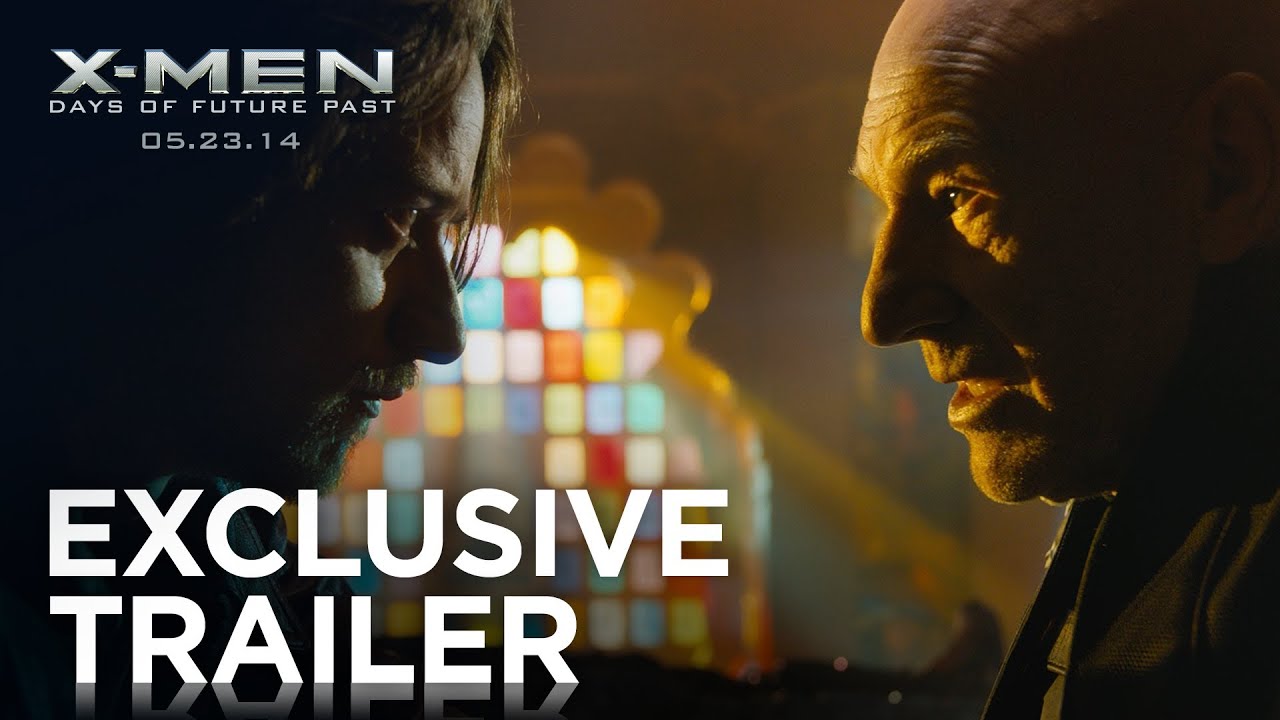
5. Logan (2017): Redefining the Superhero Genre
“Logan” presented a bold departure from traditional superhero fare, offering a gritty and honest portrayal of its aging characters. Under the direction of James Mangold, Hugh Jackman’s performance as a weary Wolverine alongside Dafne Keen as Laura struck a powerful chord with viewers. This tonal shift emphasized that superhero movies could become poignant and moving.
The film’s dramatic depth highlights mortality and redemption, signaling a call to arms for future productions. It inspired films like “Joker” and “The Batman” to explore mature themes and emotional arcs instead of relying solely on action and special effects. The narrative craft in “Logan” raised the bar for superhero storytelling.
6. Dark Phoenix (2019): Lessons in Execution
While “Dark Phoenix” got some mixed reviews, it served as a crucial learning point in the franchise’s storytelling journey. The film attempted to dive deep into emotional themes revolving around power and loss and aspired to give the characters a rich exploration of their arcs. However, the failure to connect with audiences illustrated how critical effective execution is in handling complex plots.
This misstep stamped a lesson on filmmakers emphasizing the balance needed to ensure that superhero narratives maintain audience engagement. It’s a reminder of what happens when studios neglect clarity and cohesion in character arcs. This influenced the production of future films, particularly within the Marvel Cinematic Universe.
7. X-Men Origins: Wolverine (2009): A Warning Sign
The disappointment surrounding “X-Men Origins: Wolverine” serves as a cautionary tale. The film, featuring the charismatic cast of X-Men, including Hugh Jackman and Liev Schreiber, suffered from poor continuity and underdeveloped characters. The chaos in storytelling highlighted what can go wrong when character development is compromised.
Its mixed reception proved that audiences crave coherence and depth, especially when investing in their favorite heroes. This prompted studios crafting upcoming movies, like Avengers: The Kang Dynasty, to carefully prioritize narrative integrity and character consistency to avoid the pitfalls seen here.
Reflections on the Legacy of X-Men Movies
The legacy of X-Men movies is more than just impactful box office figures. These films transformed how stories are told within the superhero genre, emphasizing character depth and complexity. As we look forward to upcoming films, the teachings from the X-Men franchise will undoubtedly continue to influence filmmakers towards crafting thoughtful and engaging superhero narratives.
With franchises catching onto these lessons, we can expect to see stories that resonate on emotional levels while still delivering epic adventures. Future releases promise new horizons that stand tall on the robust foundations laid by the X-Men movies. Now, it’s time to channel that inspiration into our own lives, building our bodies, and embracing our best selves. Just as these superheroes have shaped cinema, we, too, can sculpt our destinies and achieve greatness. Let’s get shredded!
X Men Movies That Changed Superhero Cinema Forever
The Rise of X Men
Did you know that the first X Men movie hit theaters in 2000 and helped spark a whole new era for superhero films? Before that, the genre was mostly considered kid stuff, dominated by campy movies like Scrooged, but X Men changed the game. It showed filmmakers that audiences craved depth and complexity in their superhero stories, along with characters that felt grounded. Hugh Jackman’s portrayal of Wolverine was so iconic that it set the standard for what audiences expected from action heroes. Speaking of strong portrayals, did you know that X Men actor Patrick Stewart was often compared to Shannon Whirrys captivating performances? Both had a way of drawing viewers in, making their characters unforgettable.
Cinematic Influences
The X Men movies can also be credited with paving the way for major franchises, as they demonstrated the potential for a rich, interconnected universe. After the success of X Men, studios rushed to create their own superhero films, which eventually led to the Marvel Cinematic Universe we know today. This change was a cultural phenomenon, and you could say it’s akin to Kylo Ren shaking up the Star Wars saga. Filmmakers saw a path to explore dark themes and moral dilemmas, giving audiences more than just flashy action scenes; they craved stories that reflected real societal issues. Imagine how different movie nights would be if we hadn’t been introduced to such layered heroes!
Pop Culture Legacy
The influence of X Men movies on pop culture is undeniable. The franchise has spawned animated series, merchandise, and even cultural references in shows like the Glee cast’s performances, blending music and nostalgia in a way that resonates with fans. Their portrayal of inclusion and acceptance has sparked discussions about race, sexuality, and identity that extend beyond the silver screen into real life. And just like Anthony Bourdain And his adventurous spirit, X Men encouraged people to embrace their uniqueness. Each film serves as a reminder of the power of diversity, with characters from various backgrounds standing united against adversity.
No wonder we keep looking back at the X Men movies—they not only influenced the superhero genre but also our broader cultural landscape. Whether it’s the magnificent landscapes of Big Sur State Park captured in haunting visuals or the gritty reality of Wind River that challenges perception, X Men created an enduring legacy that continues to shape modern cinema.
